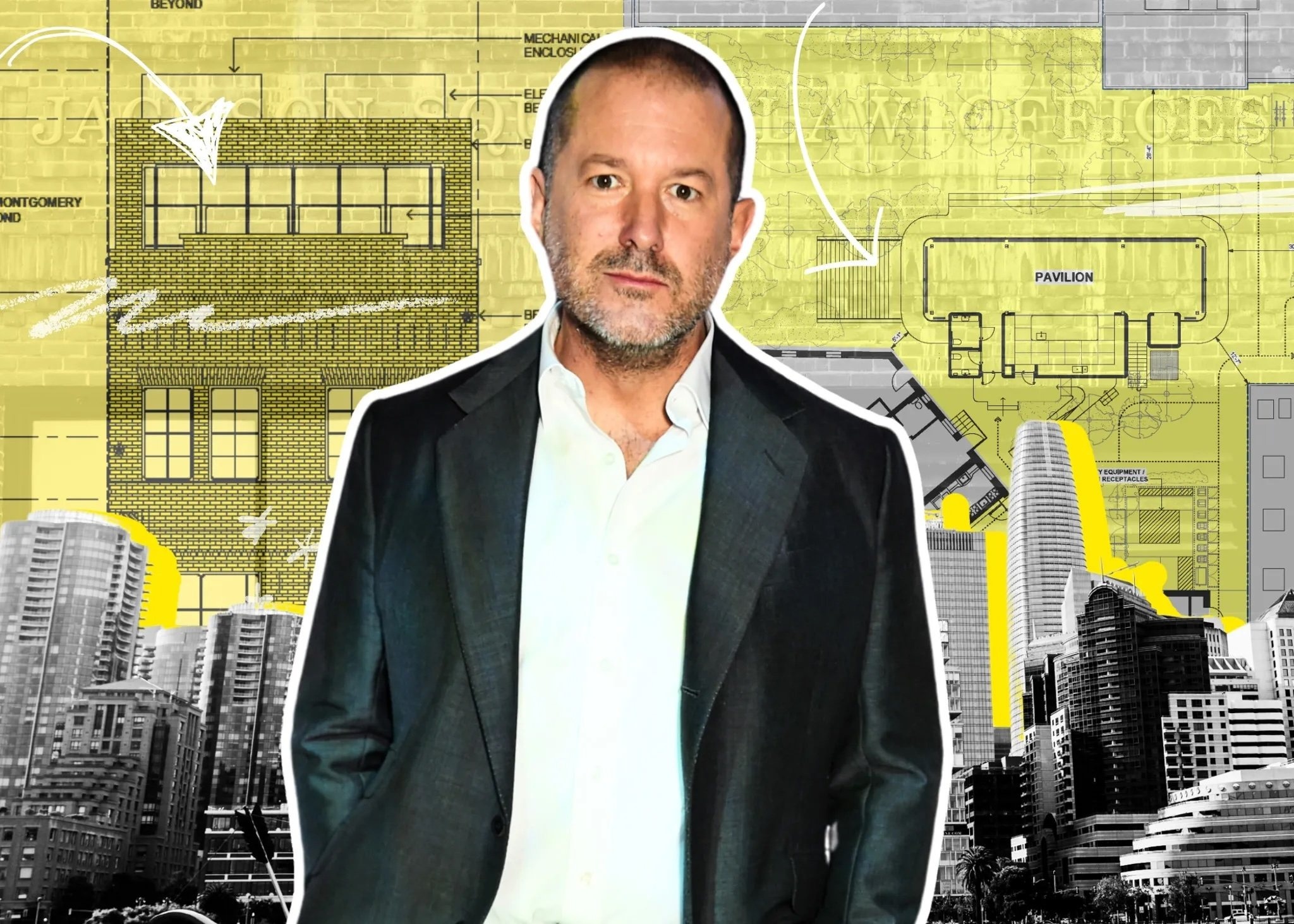
The rise of artificial intelligence (AI) has profoundly changed the technology world in recent years, upending the way software is created, how people search for information, and how images and videos are created.
But so far, it’s all been limited to a few commands for a chatbot. The technology has yet to find its preferred form in a physical, everyday gadget.
Historic deal and "new era" vision
AI has largely remained in an app on a phone, despite efforts by startups and others to bring it to devices. But hardware startup io Products, founded by former Apple Design Chief Jony Ive and OpenAI CEO Sam Altman, is looking to change that.
On the evening of May 21, OpenAI CEO Sam Altman confirmed that the company is spending $6.5 billion to acquire io. According to the New York Times , the stock acquisition deal, which unites leading figures in Silicon Valley's technology world, aims to usher in "a new generation of products" for AGI (Artificial General Intelligence), a term for a future technology that reaches human-level intelligence.
Notably, in an interview with the New York Times in 2024, Ive confirmed that he was working with Altman to develop a voice-activated personal AI assistant. The project is still in its early stages of development and does not have a final design.
 |
Hardware startup io Products was founded by former Apple Design Director Jony Ive, and OpenAI CEO Sam Altman. Photo: OpenAI. |
The deal is OpenAI's largest acquisition ever, and in return, Ive and his team of about 55 engineers and researchers will join the company behind ChatGPT.
Additionally, LoveFrom, Ive's design studio, will take on creative and design responsibilities for the entire OpenAI company and build hardware that helps users better interact with the technology.
In a joint interview, Ive and Altman declined to reveal what those devices would look like or how they would work, but both said they hoped to share more details by 2026. Ive, 58, has grand ambitions, with the goal of creating “great products that enhance humanity.”
"We've been waiting for the next big thing for 20 years and wanted to give people something that was far beyond the old products they've been using for so long," said the former Apple Design Director.
Beyond the smartphone era
In an interview with Stripe CEO Patrick Collison, Ive spoke candidly about the “turbulence” of the modern, smartphone-obsessed world.
He argues that social media is a larger social “illness.” Ive avoids going into specifics about what’s actually wrong with the apps today, beyond the obvious things like radicalizing views and spreading misinformation.
Ive worked at Apple for 27 years and left his position as Chief Design Officer in 2019. His work spans from the first iMac to the iPod and then the iPhone, all of which are closely associated with the Steve Jobs era.
“When you innovate, there are bound to be unintended consequences. But with some of the products that I’ve been very involved in, I think there have been unintended consequences. They’ve been unpleasant consequences. The problem is, even if it wasn’t intended, I think I’m partly responsible. And that weighs on me,” Ive said.
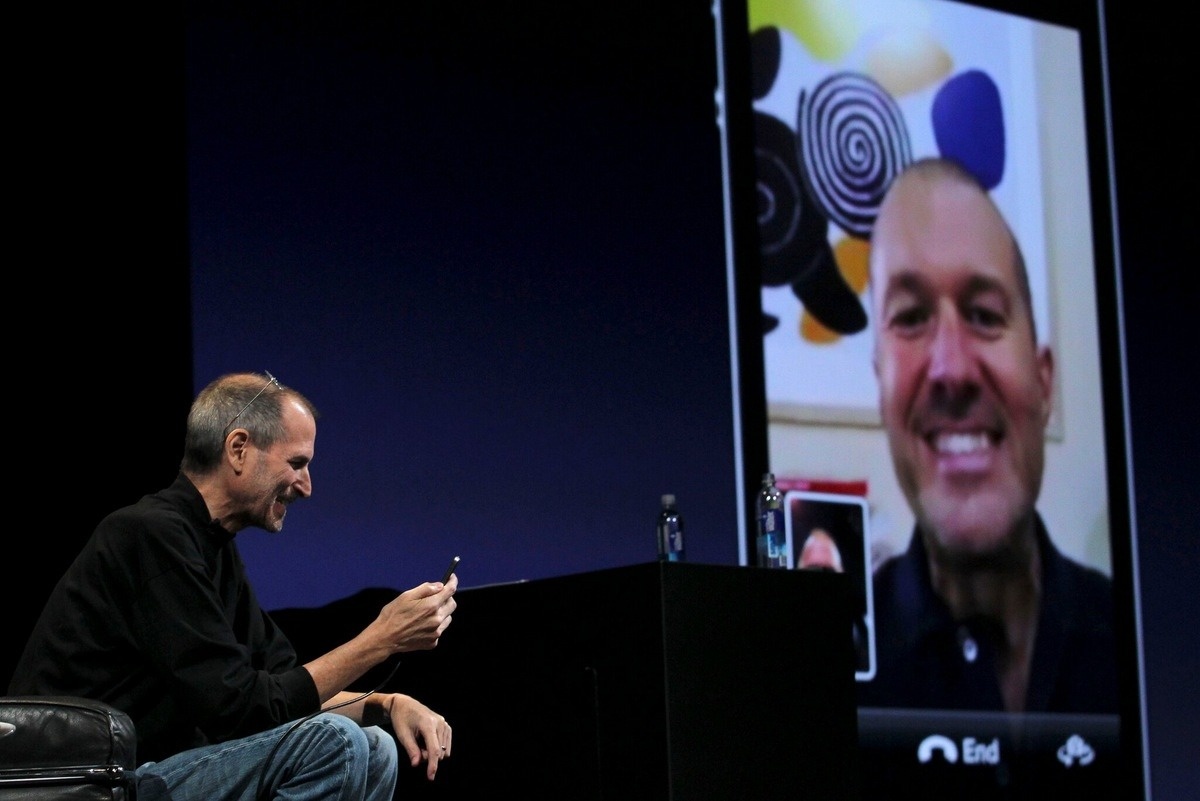 |
Steve Jobs and Jony Ive are considered two best friends. Photo: Reuters. |
The New York Times notes that Altman and Ive are really looking to move beyond the smartphone era, which has been the defining personal device of humans since the iPhone was launched in 2007. Assuming both are successful, they will create Ambient Computing, also known as “everywhere computing”.
With Ambient Computing, instead of typing and taking pictures on smartphones, future devices such as pendants or glasses using AI can process the world in real time, answer questions and analyze images and sounds seamlessly.
In fact, since 2024, the market has experienced a wave of personal AI devices that have the ambition to replace smartphones. But most of them have failed.
The most notable was the Humane Ai Pin, which allowed access to an AI chatbot when connected to the internet, but was barely able to perform the tasks that traditional smartphones do so well. Humane eventually sold all of its assets to HP.
Another example is the Rabbit R1, which promised to deliver a cutting-edge AI experience but ended up looking more like a fancy tech toy than a truly useful tool.
“What makes me optimistic about AI is that it's very rare to have a discussion about AI that doesn't involve serious safety concerns,” Ive told Collison.
Source: https://znews.vn/hanh-trinh-moi-cua-huyen-thoai-apple-post1554973.html






![[Photo] Impressions of the Can Gio Whale Festival](https://vphoto.vietnam.vn/thumb/1200x675/vietnam/resource/IMAGE/2025/10/09/1759984089762_image12334-5642-jpg.webp)



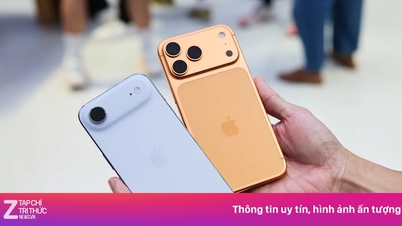



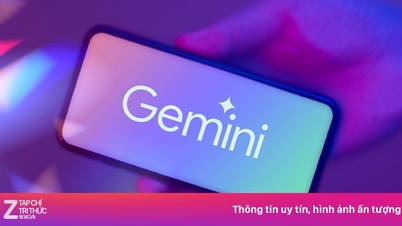



































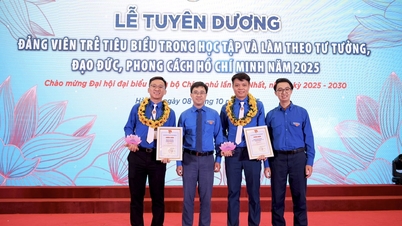


















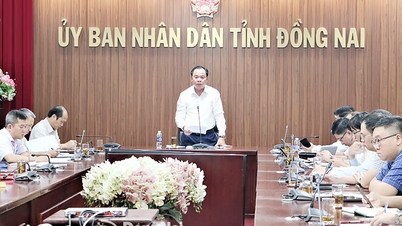





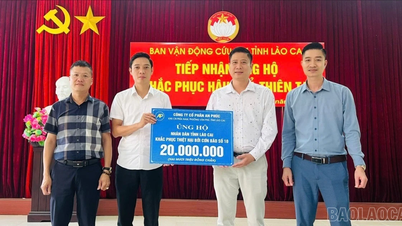






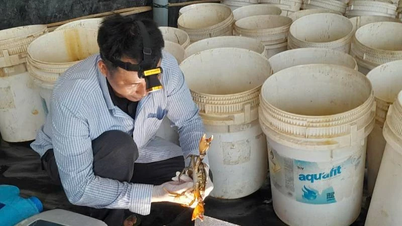











Comment (0)